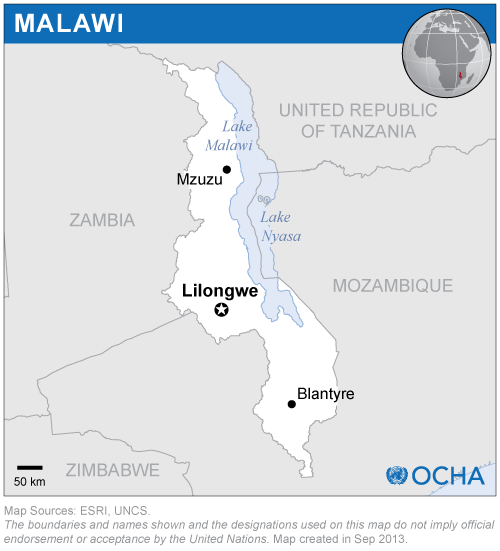Jörg Szarzynski, UN-SPIDER
The mission included a national seminar that provided a general overview regarding space-based information, UN-SPIDER’s role and existing international mechanisms such as the International Charter: Space and Major Disasters. The national seminar focused on practical application of GIS and EO tools to address disaster preparedness and response planning. It brought together representatives from government institutions (the Department of Disaster Management Affairs, the Technical Secretariat for the Ministry of Agriculture, the Geological Survey Department, the Meteorological Department, and the National Statistic Office); as well as representatives from the European Union, WFP, UNDP, UNICEF, the World Bank, GTZ; and eight NGO’s (COOPI, GOAL, ChristianAid, EAM, MALEZA, OXFAM, Concern Worldwide, and MSH).
The mission allowed UN-SPIDER to become aware of the technical capacity available in Madagascar and the Comores Island in the areas of disaster-risk management and emergency response. Representatives of these ministries, institutions and NGOs were made aware of the UN-SPIDER programme and its activities, of potential areas where space-based technology and information could play a greater role and on the type of support that the International Charter: Space and Major Disasters can provide.
The seminar also allowed participants to discuss ways to improve communications among agencies and NGOs, to coordinate and disseminate space-based information for disaster risk management and emergency response in Malawi and about what kind of data, technology and training is needed.


